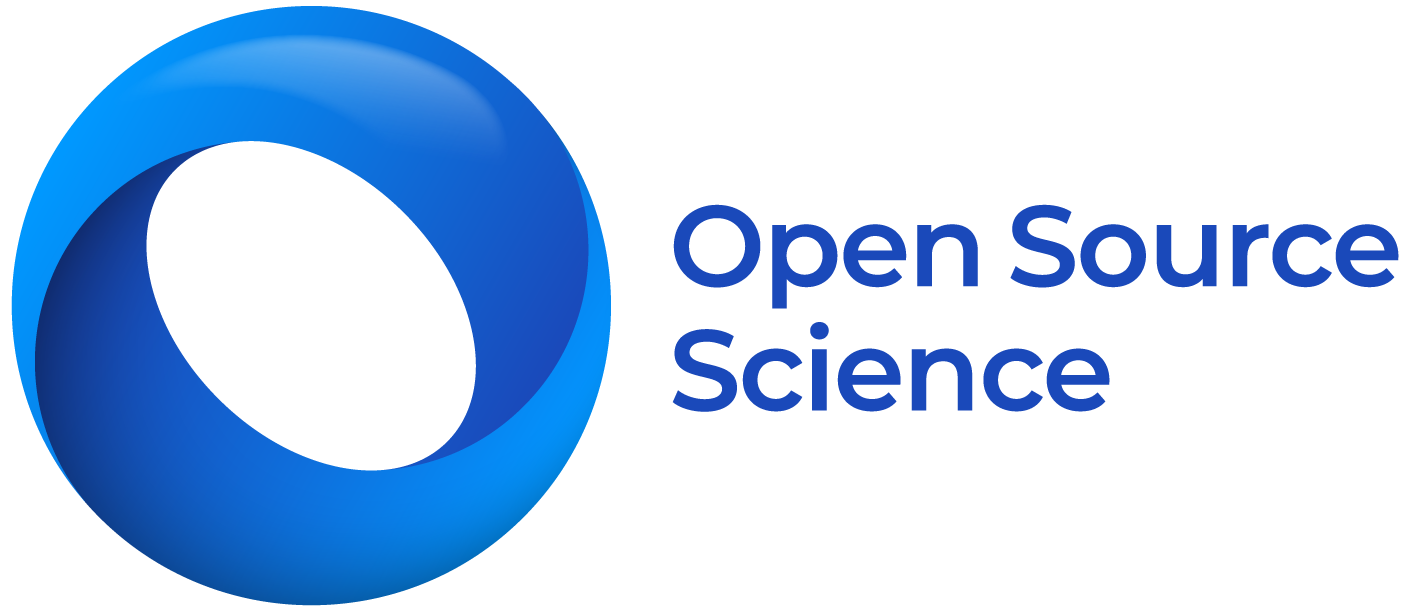From Open Access to Open Science: The Path From Scientific Reality to Open Scientific Communication
Abstract
Although opening up of research is considered an appropriate and trend-setting model for future scientific communication, it can still be difficult to put open science into practice. How open and transparent can a scientific work be? This article investigates the potential to make all information and the whole work process of a qualification project such as a doctoral thesis comprehensively and freely accessible on the internet with an open free license both in the final form and completely traceable in development. The answer to the initial question, the self-experiment and the associated demand for openness, posed several challenges for a doctoral student, the institution, and the examination regulations, which are still based on the publication of an individually written and completed work that cannot be viewed by the public during the creation process. In the case of data and other documents, publication is usually not planned even after completion. This state of affairs in the use of open science in the humanities will be compared with open science best practices in the physical sciences. The reasons and influencing factors for open developments in science and research are presented, empirically and experimentally tested in the development of the first completely open humanities-based PhD thesis. The results of this two-part study show that it is possible to publish everything related to the doctoral study, qualification, and research process as soon as possible, as comprehensively as possible, and under an open license.
( Open Access Paper )
( Appropedia )


